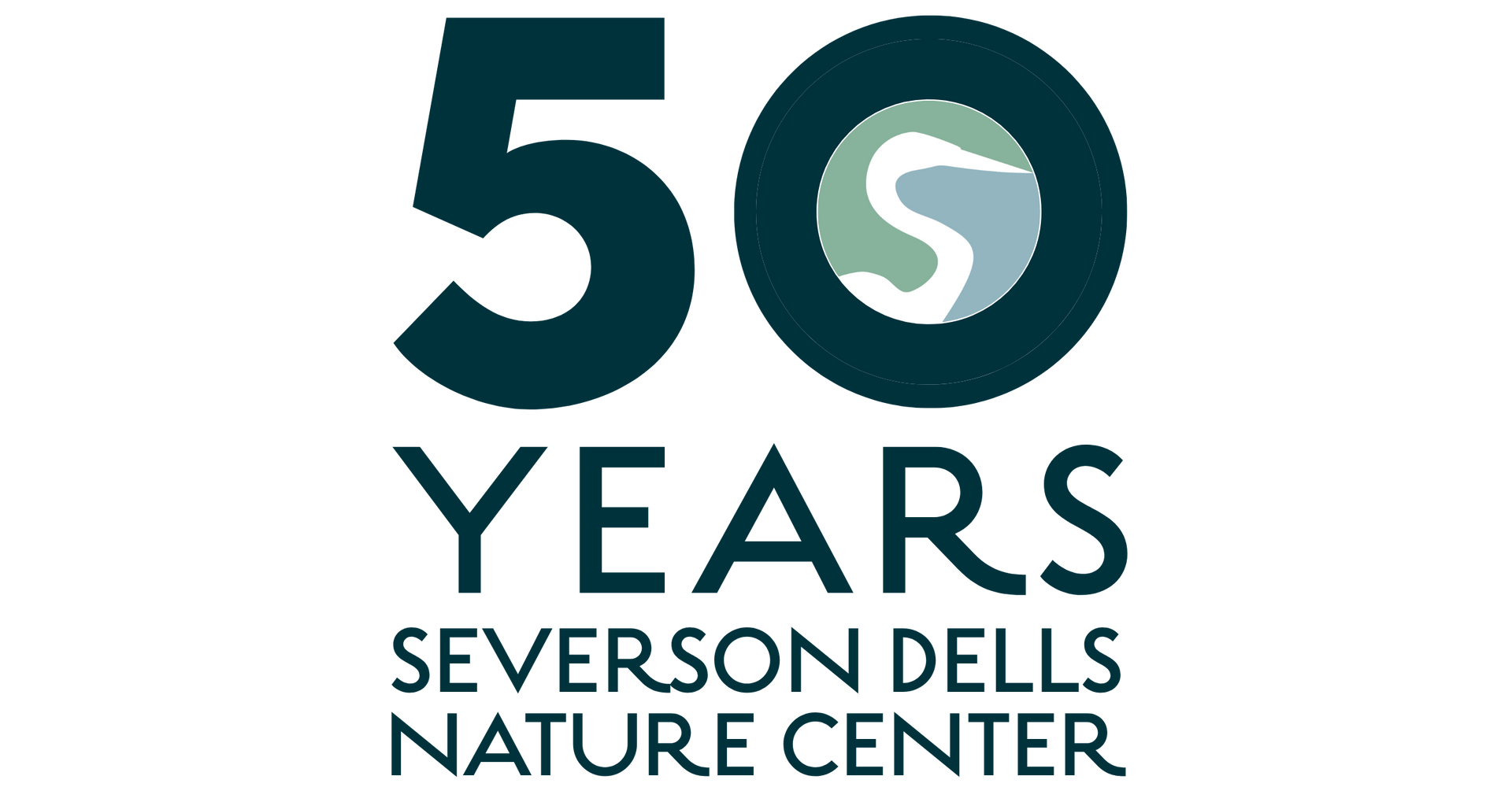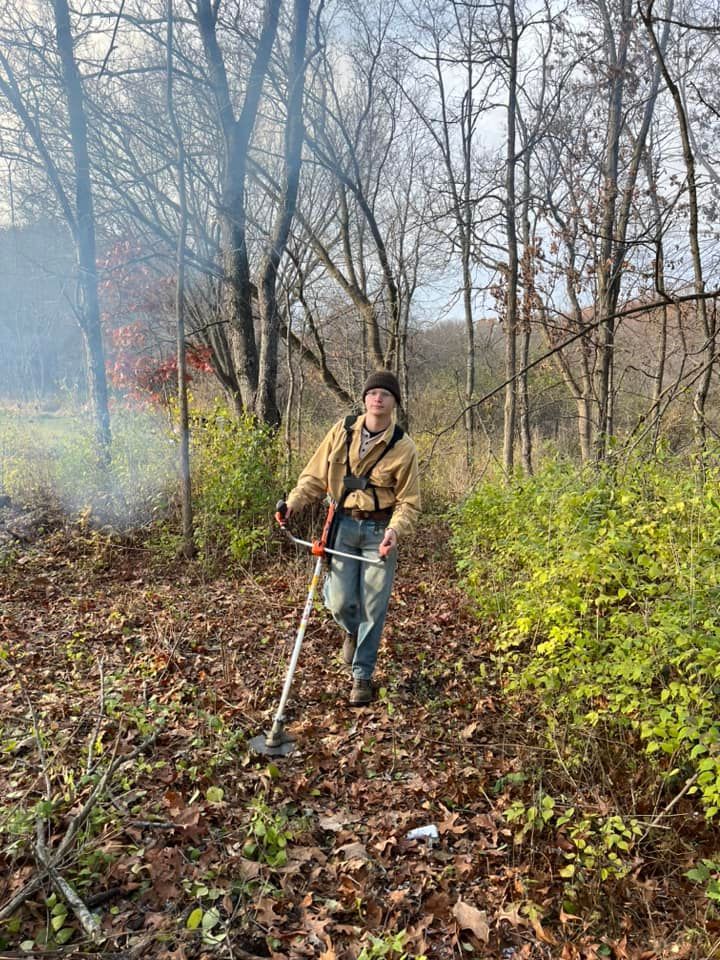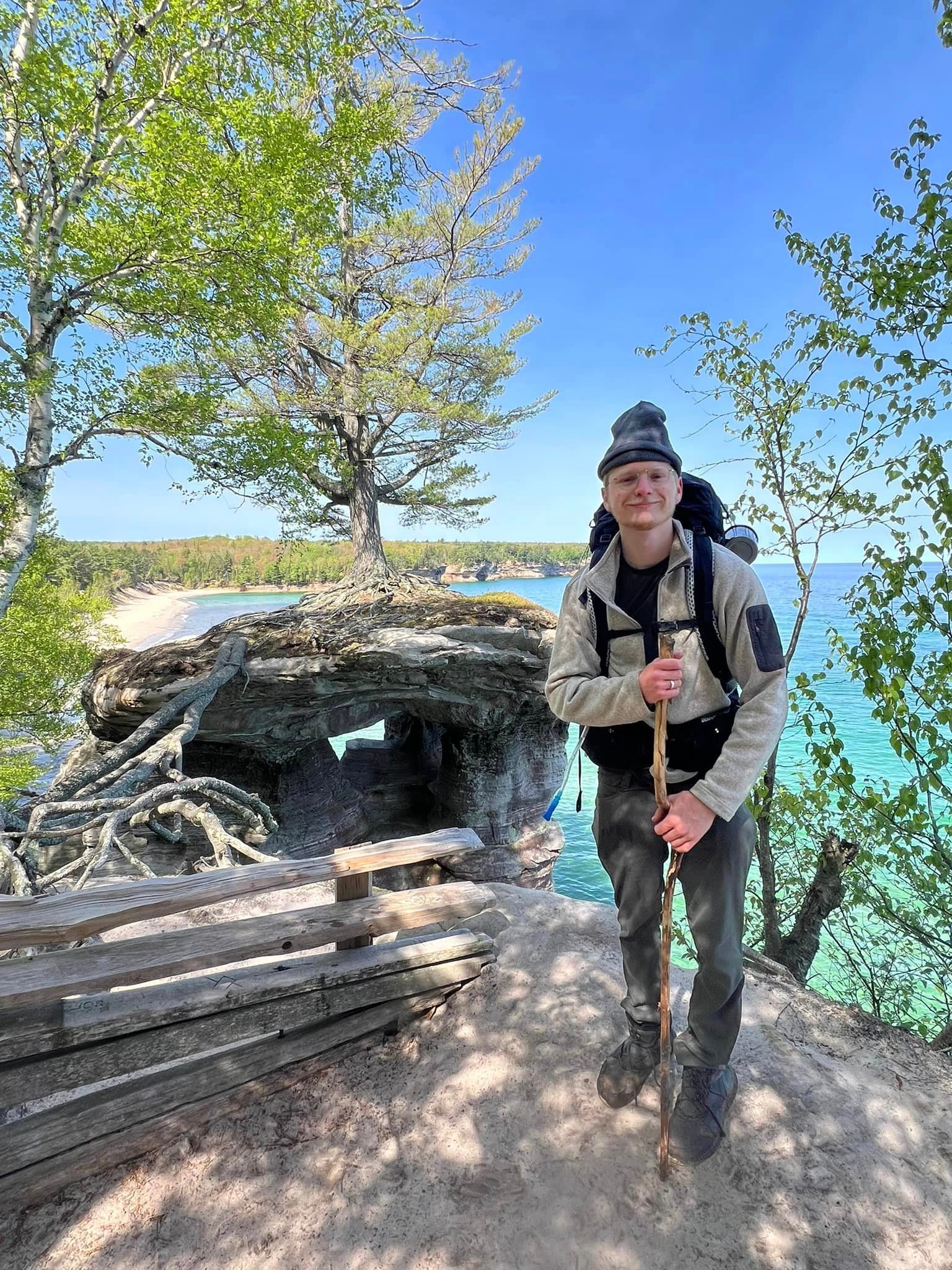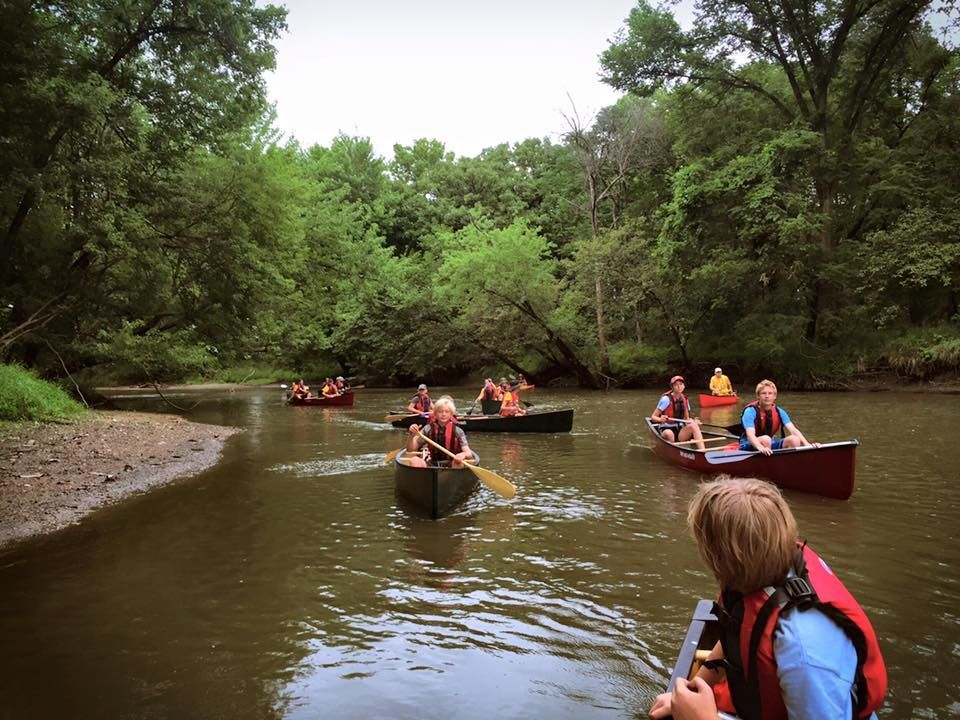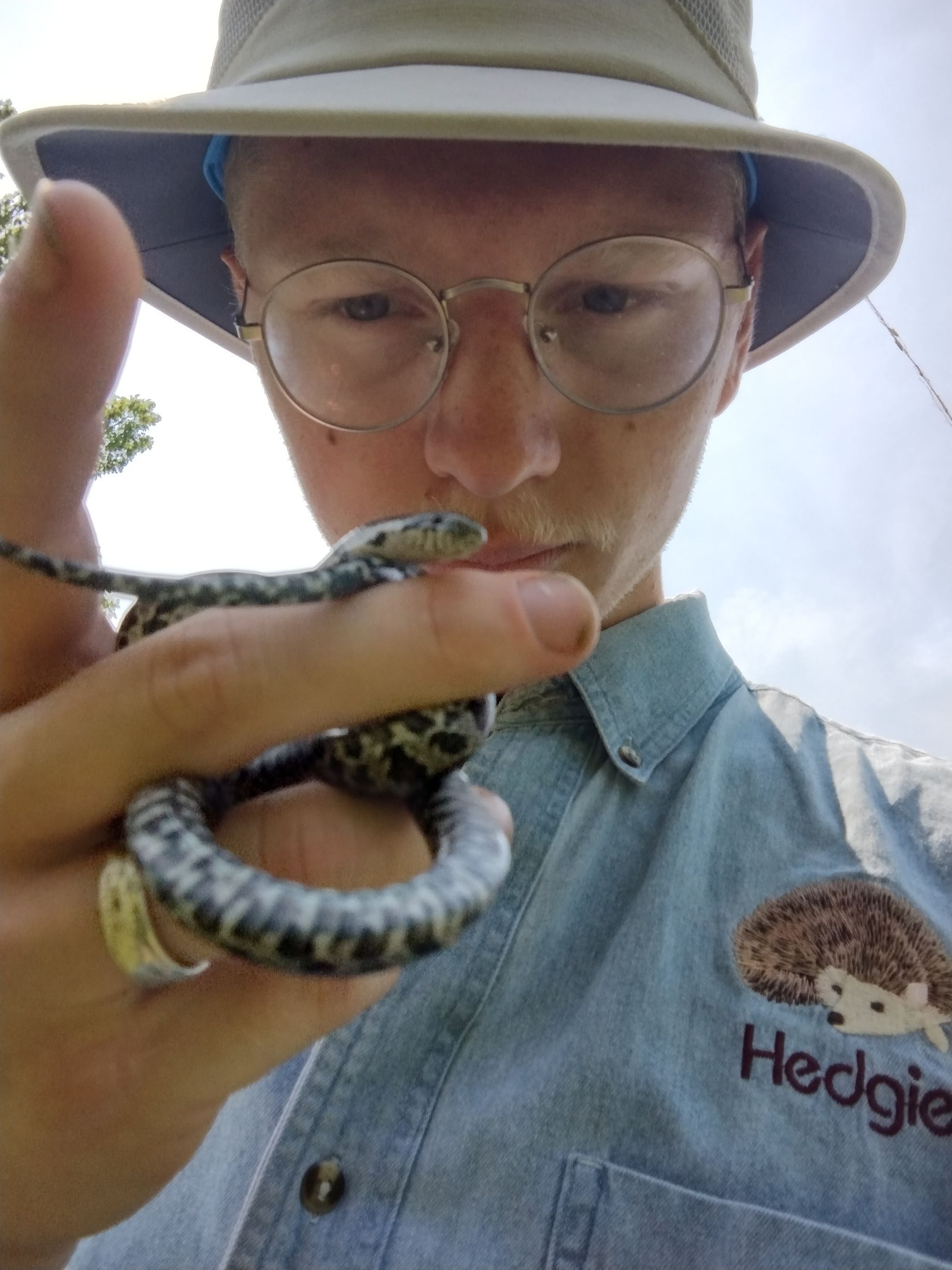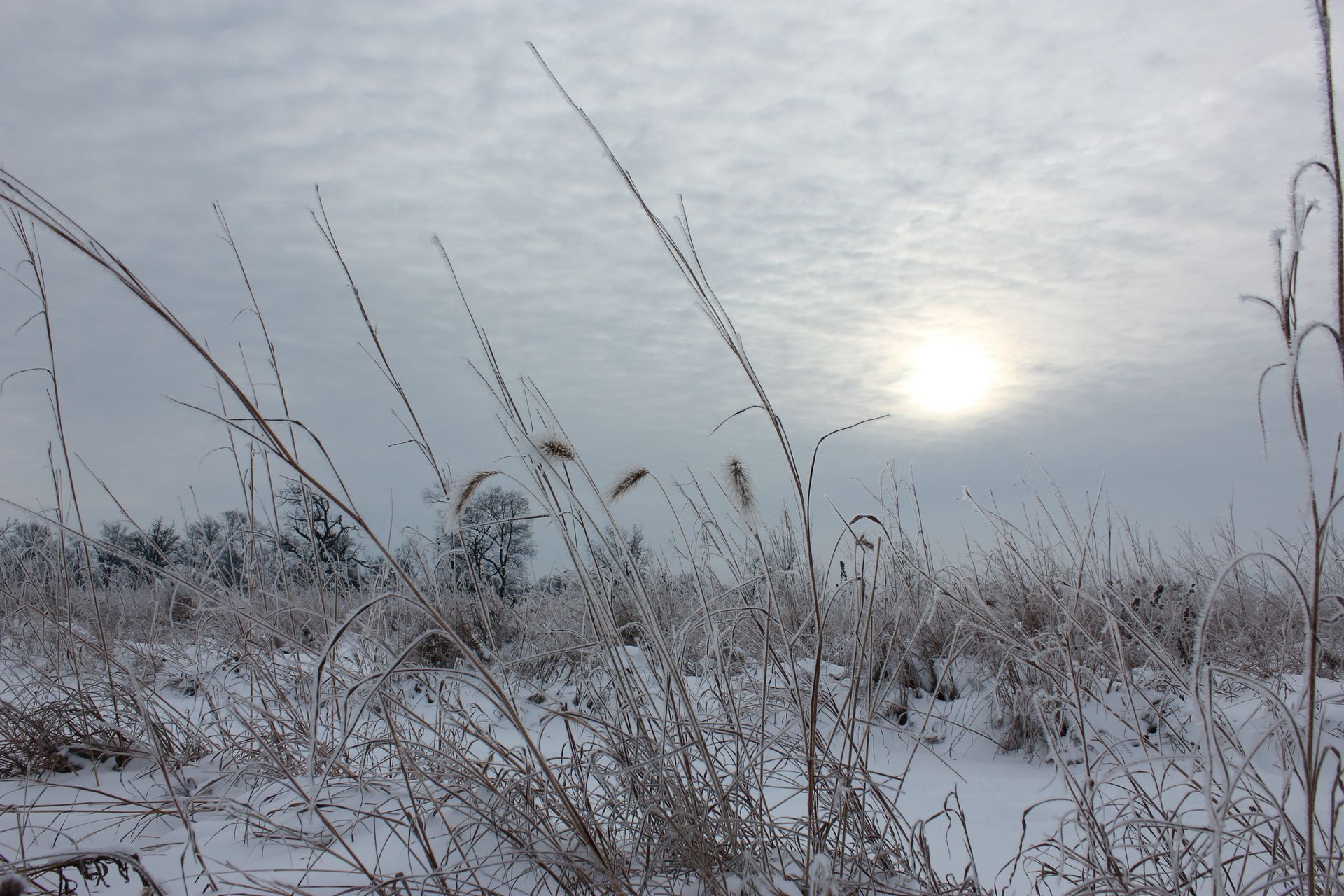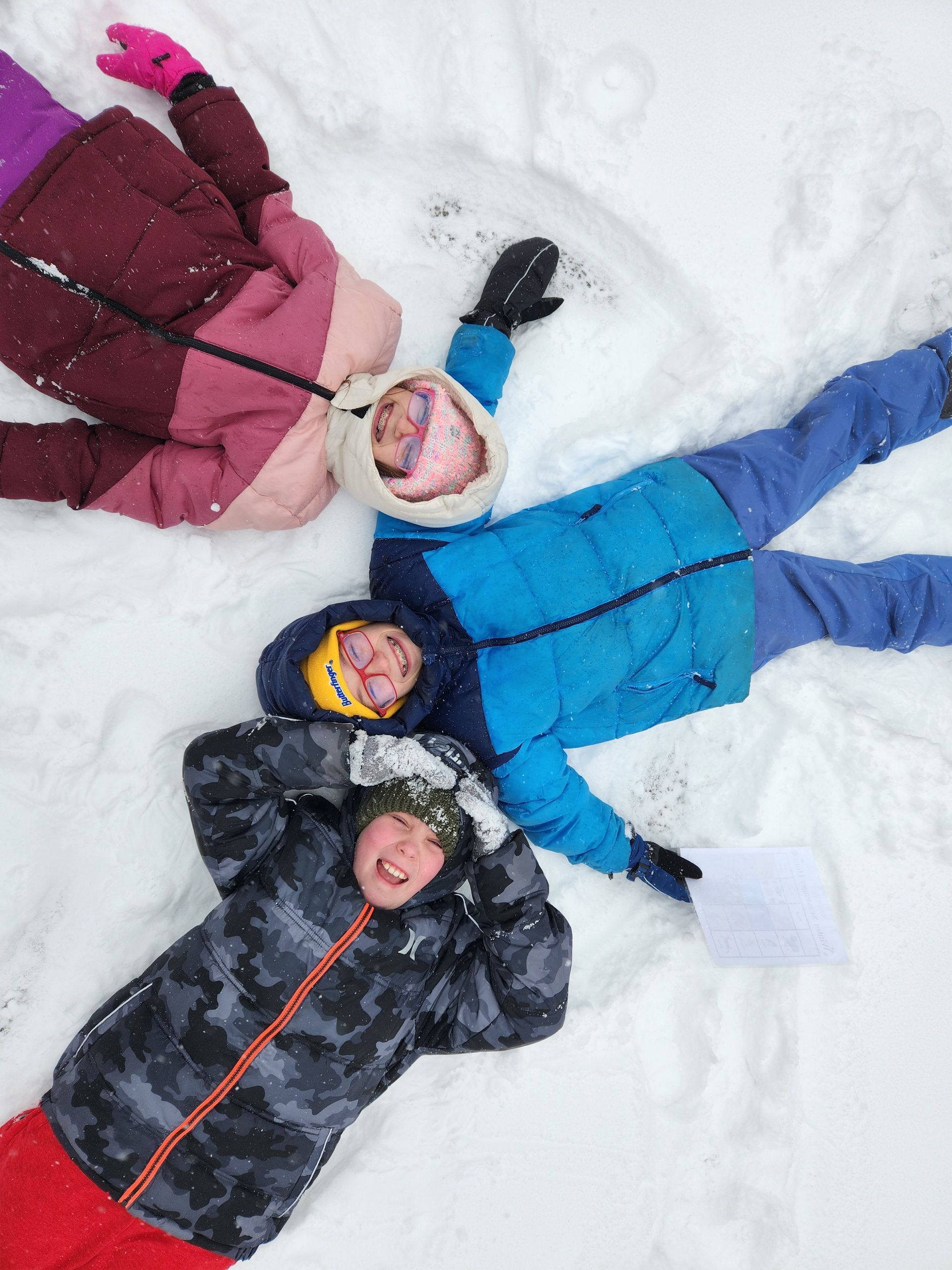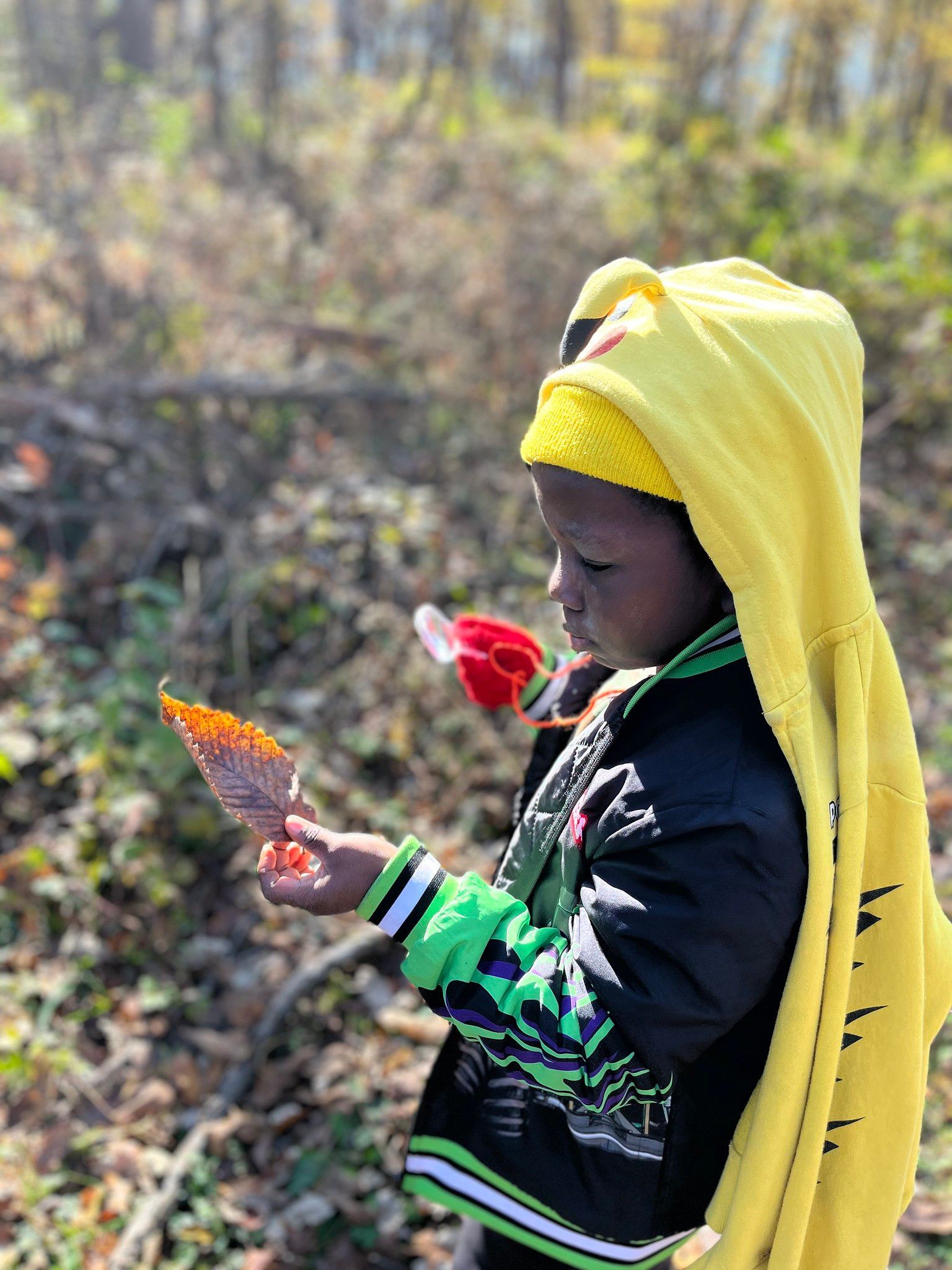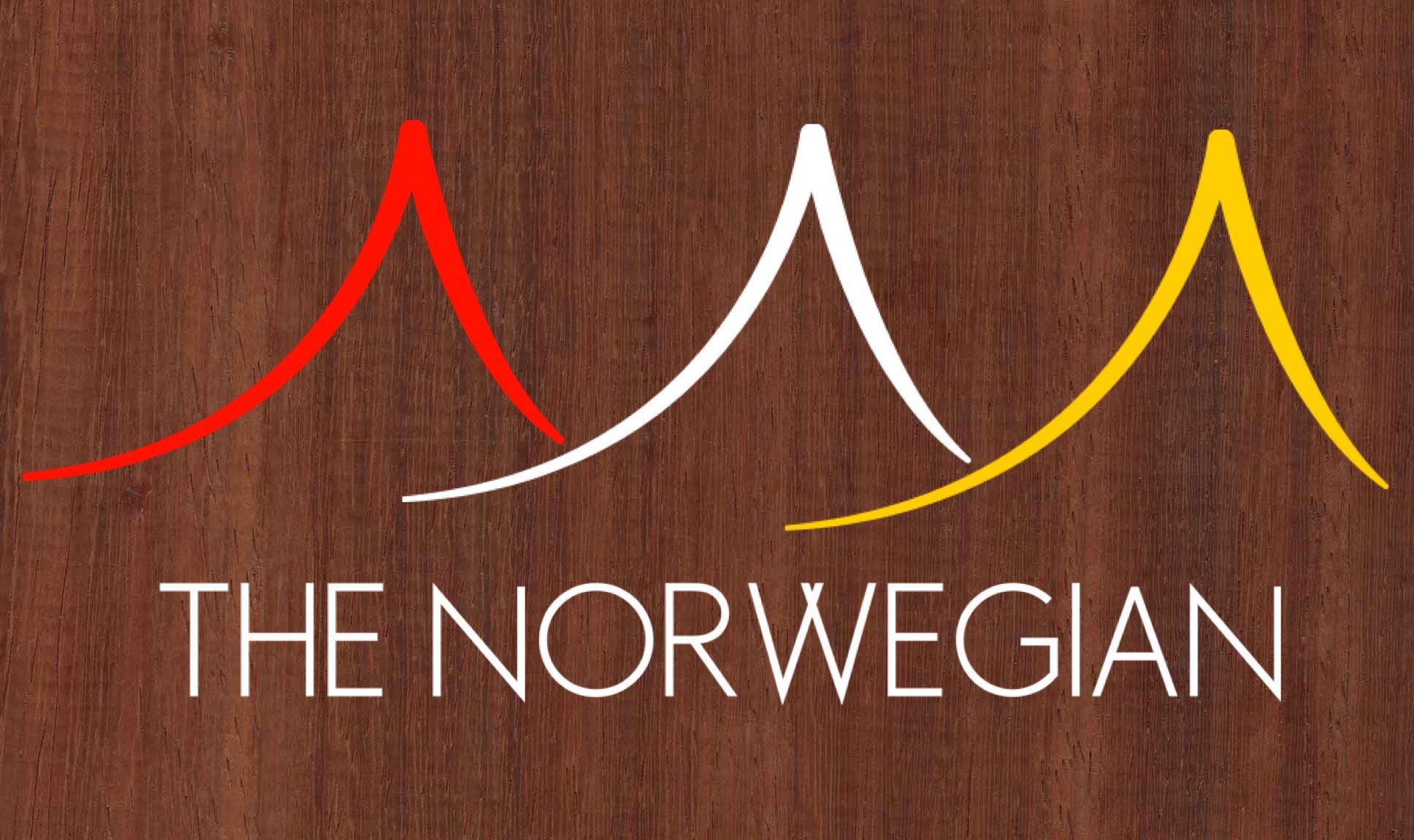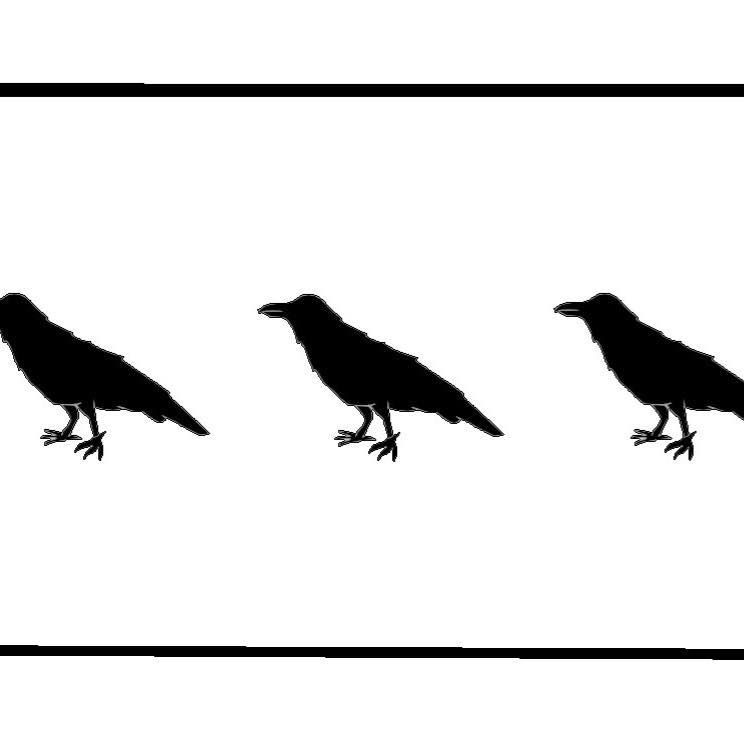FIELD NOTES BLOG
Introducing Rowan
Hello! My name is Rowan Mermel, and I am joining the Severson Dells team as a community science AmeriCorps member!
I graduated this May from Beloit College with a Biology degree and a capstone in ecotoxicology. This is my second AmeriCorps term after working with the Natural Land Institute in the summer of 2023 as a Natural Resource AmeriCorps member. I also have experience working as an environmental educator and camp counselor at Farmers Rising in Caledonia.
I am passionate about community science because it gives us unique insights into our ecosystems, gets people out into nature, and empowers people to protect their environment. I am excited to work on Community Science projects with Severson Dells and partner organizations, and I hope to see you all collecting data!
Growing up in the Rockford area, Severson Dells has always been an important place to me. I fondly recall playing predator-prey games on field trips, hiking with my family, and exploring our watershed at canoe camp. I am honored and excited to have this opportunity to share these experiences and more with others in this community.
